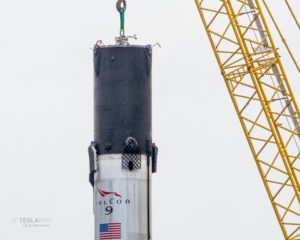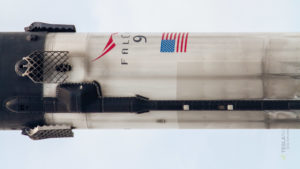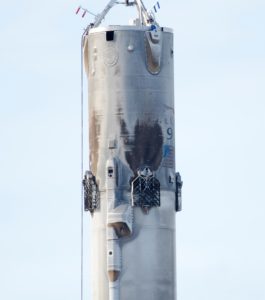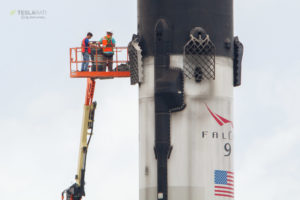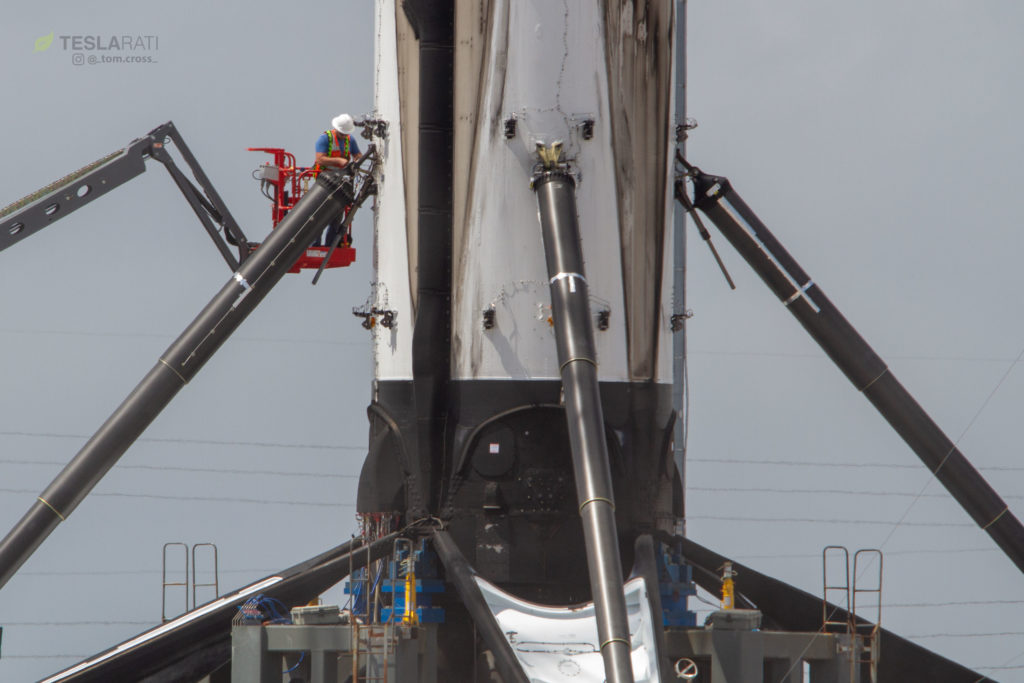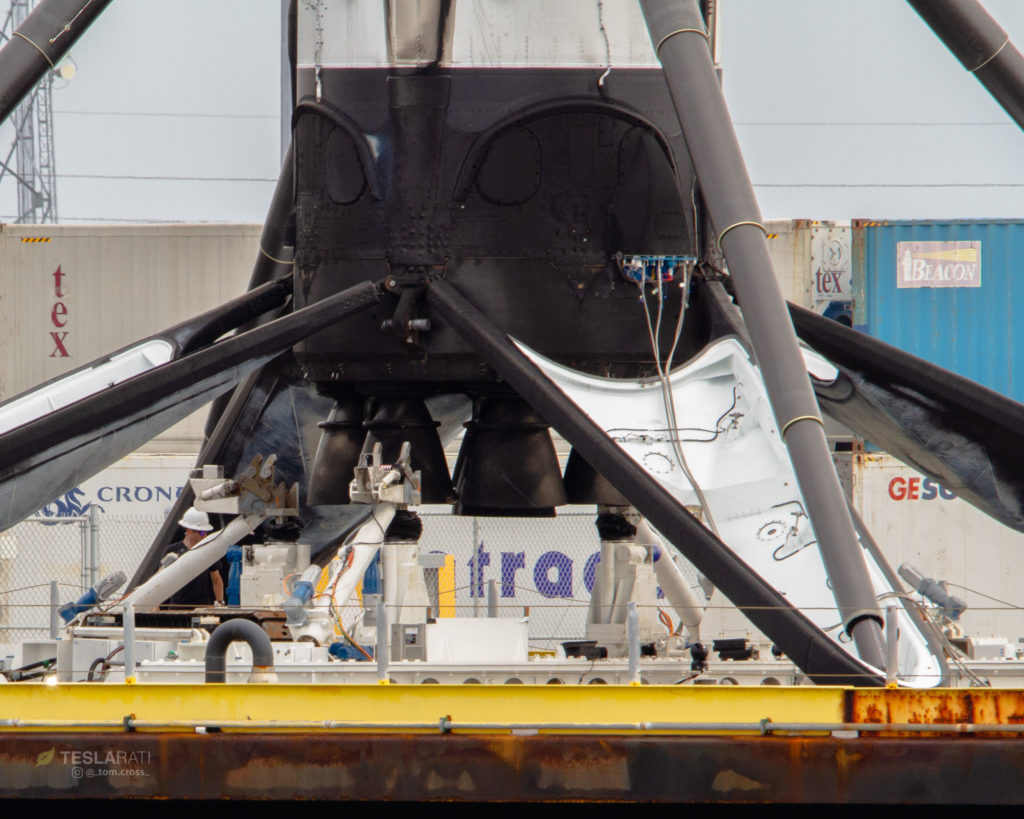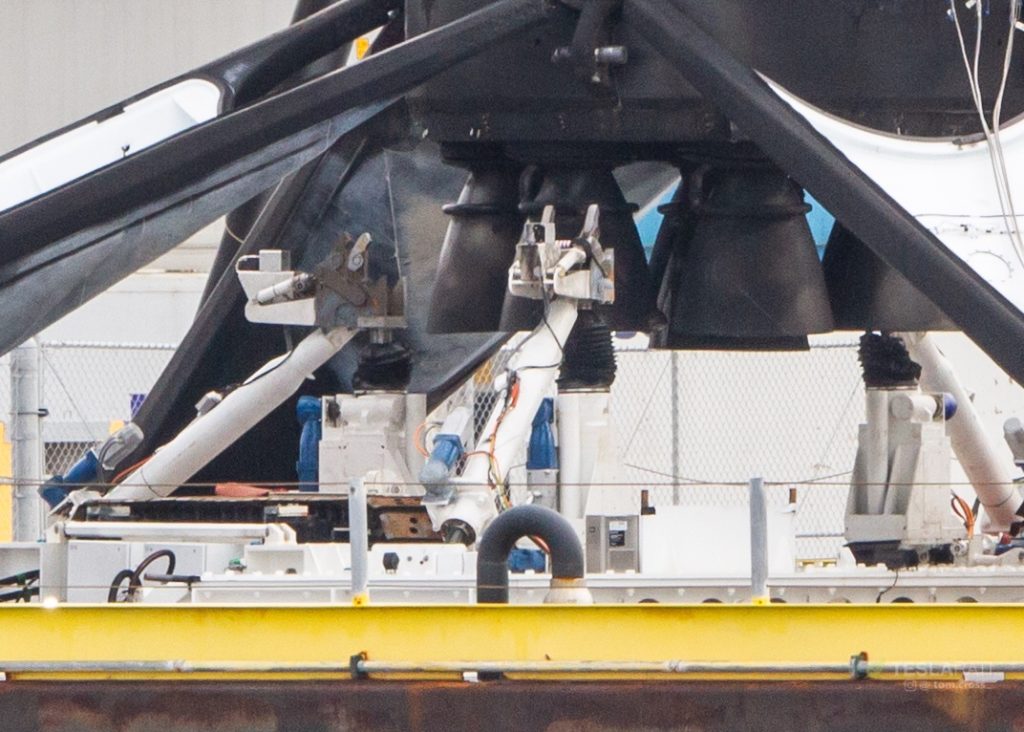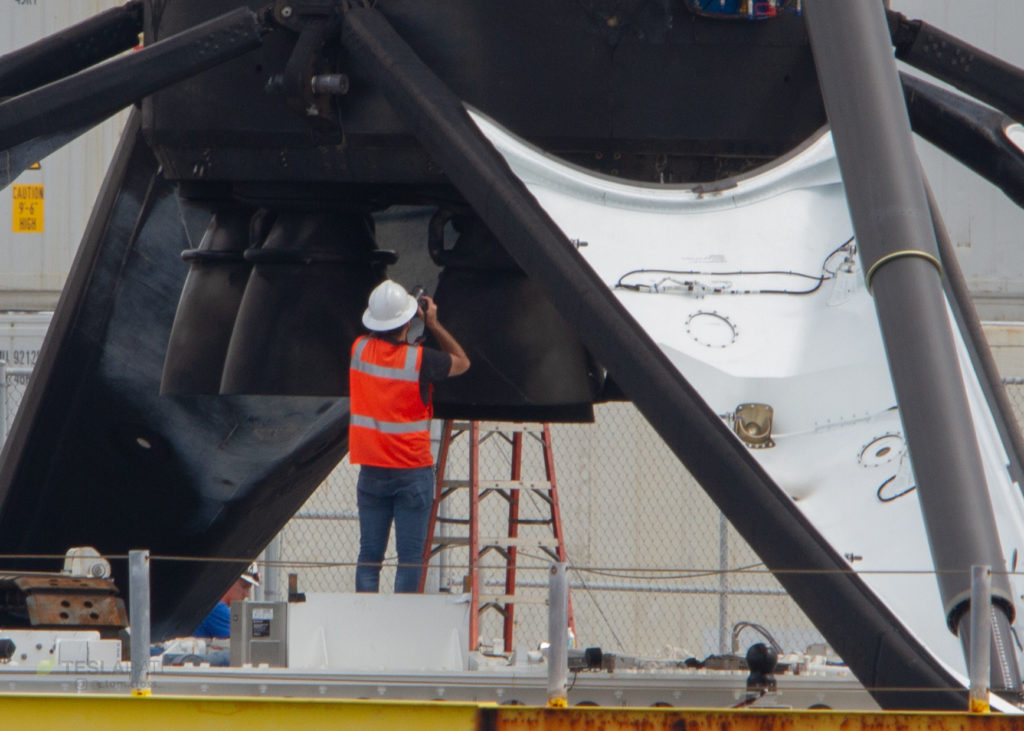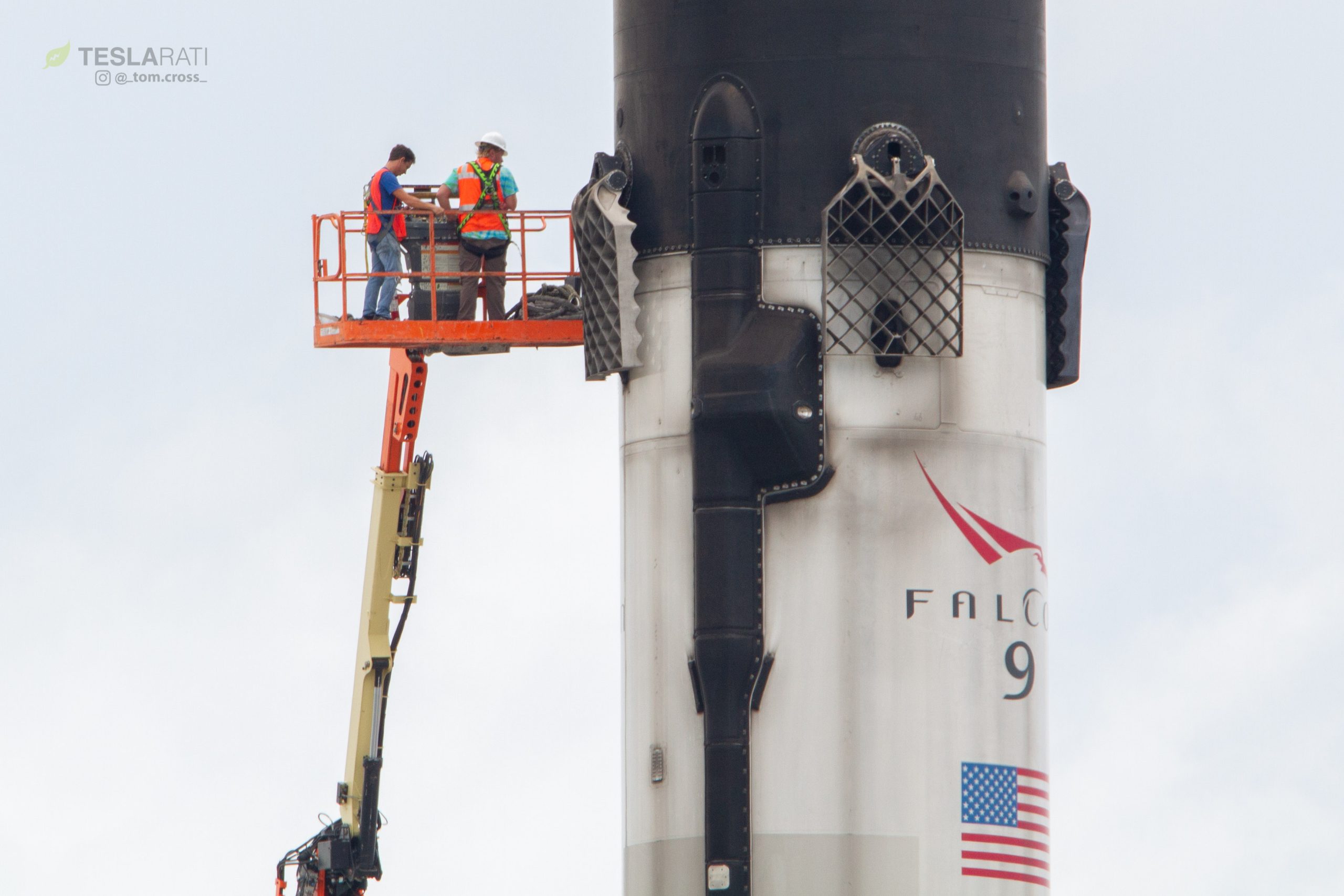
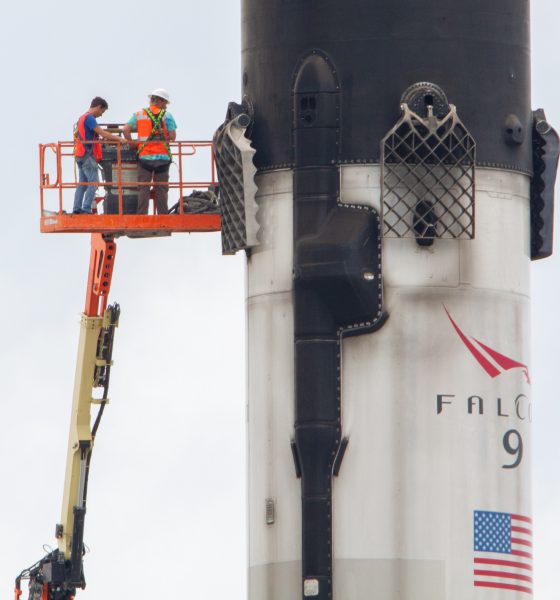
News
SpaceX’s first Falcon 9 Block 5 returns to port in pristine condition
SpaceX’s first launched and landed Falcon 9 Block 5 booster has returned to port after a handful of days at sea, hopefully marking the beginning of a long and storied future of commercial missions. The booster – numbered B1046 – appears to be in extraordinarily good shape, more or less unscathed after a relatively high-energy reentry. Photographer Tom Cross documented the historic return in person at Port Canaveral.
After detaching from the rocket’s second stage, which went on to successfully inject Bangladesh’s first communications satellite into a geostationary transfer orbit, B1046 reached a peak of around 110 km before reentering Earth’s atmosphere. Traveling 2 kilometers (1.2 miles) per second, Block 5 eventually completed a soft landing 500 miles off the Florida coast on the drone ship Of Course I Still Love You. The 25th successful Falcon 9 booster recovery, B1046 marked that historic achievement in proper style, dressed with large, black sections of the new SpaceX-developed thermal protection system, among dozens of other major improvements included in the launch vehicle’s “Block” upgrade.
- Technicians attach an older interstage-grabber to lift B1046 after its first recovery. (Tom Cross)
- SpaceX’s first successfully launched and landed Block 5 Falcon 9, May 2018. (Tom Cross)
- The central aluminum grid fin of 1029 features a dramatic lack of several vanes, likely melted off during the intense heat of reentry. (Reddit, u/thedubya22)
- B1046 returned to Port Canaveral shortly after its May 4 debut, and is now being carefully analyzed as pathfinder hardware. (Tom Cross)
While not visible, the most significant improvements are likely to be found at the base of the first stage’s octaweb – now assembled with bolts instead of welds – in the form of a dramatically improved heat shield around its nine Merlin 1D engines (also upgraded, of course). One of the Falcon recovery technicians showed some exceptional interest in the shield and Merlins, likely documenting their condition in extreme detail to inform engineering reviews of the pathfinder rocket after its first flight test. Per CEO Elon Musk’s pre-launch phone call with members of the press, SpaceX means to do an extremely thorough disassembly and analysis of B1046 in order to (hopefully) validate many thousands of hours of design, engineering, modeling, and testing. If those reviews are promising, it’s extremely likely that B1046 will be reassembled and flown many more times, perhaps one day becoming another historic monument to SpaceX’s reusability program and Block 5 upgrade.
- A technician examines the booster’s brand-new leg retraction mechanism, likely to be operationally trialed for the first time sometime today or tomorrow. (Tom Cross)
- Octagrabber hangs on to B1046 as OCISLY arrives in port. (Tom Cross)
- (Tom Cross)
- A SpaceX technician spied taking photos of the Block 5 rocket’s Merlin engines and octaweb heatshield. (Tom Cross)
Meanwhile, this mission also marked another routine operation for SpaceX’s robotic stage-securing robot, unofficially nicknamed Roomba or Octagrabber. This custom-built robot is used to better ensure the safety of SpaceX’s recovery crew by allowing them to remain on an accompanying vessel while securing the booster robotically, significantly lowering the chances of it sliding around or tipping over in high sea states.

News
Tesla Cybertruck Dual Motor AWD estimated delivery slips to early fall 2026
Tesla has also added a note on the Cybertruck design page stating that the vehicle’s price will increase after February 28.
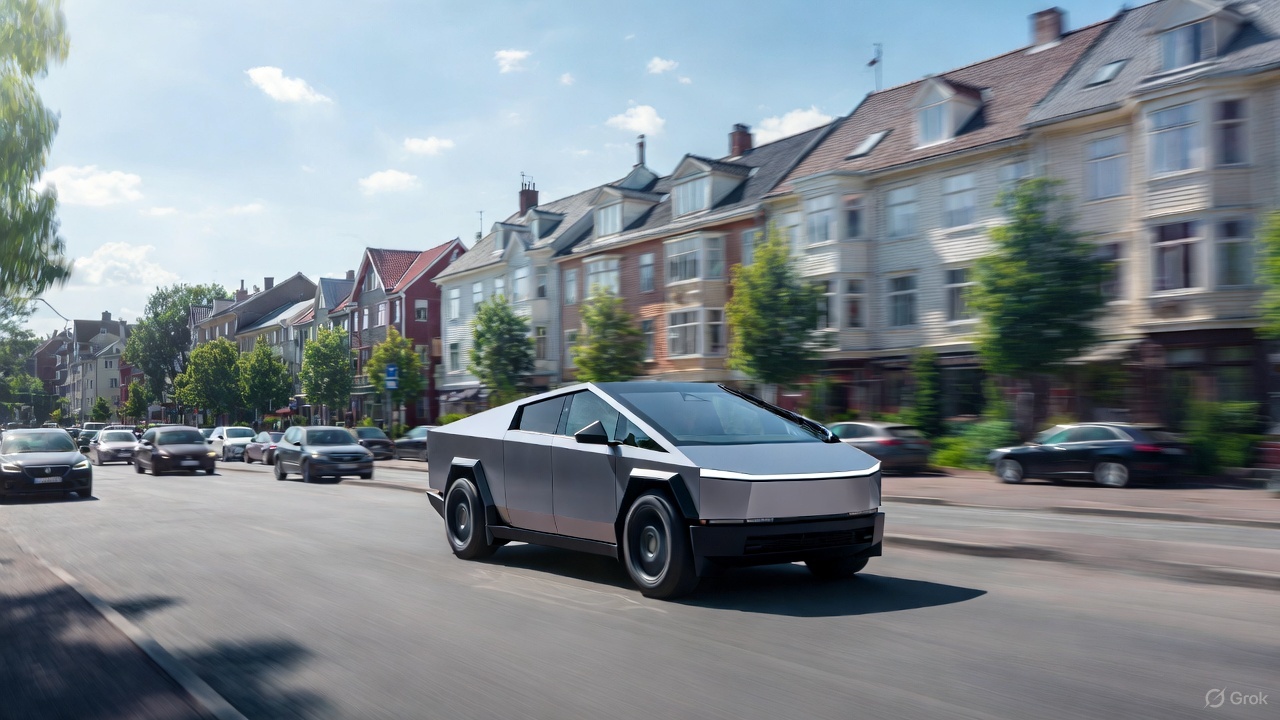
Tesla’s estimated delivery window for new Cybertruck Dual Motor All-Wheel Drive (AWD) orders in the United States has shifted to September–October 2026. This suggests that the vehicle’s sub-$60,000 variant is now effectively sold out until then.
The updated timeline was highlighted in a post on X by Tesla watcher Sawyer Merritt, who noted that the estimated delivery window had moved from June 2026 to September-October 2026, “presumably due to strong demand.”
The Dual Motor AWD currently starts at $59,990 before incentives. Tesla has also added a note on the Cybertruck design page stating that the vehicle’s price will increase after February 28.
If demand remains steady, the combination of a later delivery window and a pending price increase suggests Tesla is seeing sustained interest in the newly-introduced Cybertruck configuration. This was highlighted by Elon Musk on X, when he noted that the Cybertruck Dual Motor AWD’s introductory price will only be available for a limited time.
When the Cybertruck was first unveiled in November 2019, Tesla listed the Dual Motor AWD variant at $49,990. Adjusted for inflation, that figure equates to roughly $63,000 in 2026 dollars, based on cumulative U.S. inflation since 2019.
That context makes a potential post-February price in the $64,000 to $65,000 range less surprising, especially as material, labor, and manufacturing costs have shifted significantly over the past several years.
While Tesla has not announced a specific new MSRP, the updated delivery timeline and pricing note together suggest that the Cybertruck Dual Motor AWD could very well be the variant that takes the all-electric full-sized pickup truck to more widespread adoption.
Elon Musk
SpaceX targets 150Mbps per user for upgraded Starlink Direct-to-Cell
If achieved, the 150Mbps goal would represent a significant jump from the current performance of Starlink Direct-to-Cell.

SpaceX is targeting peak download speeds of 150Mbps per user for its next-generation Direct-to-Cell Starlink service. The update was shared by SpaceX Spectrum & Regulatory Affairs Lead Udrivolf Pica during the International Telecommunication Union’s Space Connect conference.
“We are aiming at peak speeds of 150Mbps per user,” Pica said during the conference. “So something incredible if you think about the link budgets from space to the mobile phone.”
If achieved, the 150Mbps goal would represent a significant jump from the current performance of Starlink Direct-to-Cell.
Today, SpaceX’s cellular Starlink service, offered in partnership with T-Mobile under the T-Satellite brand, provides speeds of roughly 4Mbps per user. The service is designed primarily for texts, low-resolution video calls, and select apps in locations that traditionally have no cellular service.
By comparison, Ookla data shows median 5G download speeds of approximately 309Mbps for T-Mobile and 172Mbps for AT&T in the United States, as noted in a PCMag report. While 150Mbps would still trail the fastest terrestrial 5G networks, it would place satellite-to-phone broadband much closer to conventional carrier performance, even in remote areas.
Pica indicated that the upgraded system would support “video, voice, and data services, clearly,” moving beyond emergency connectivity and basic messaging use cases.
To reach that target, SpaceX plans to upgrade its existing Starlink Direct-to-Cell satellites and add significant new capacity. The company recently acquired access to radio spectrum from EchoStar, which Pica described as key to expanding throughput.
“More spectrum means a bigger pipeline, and this means that we can expand what we can do with partners. We can expand the quality of service. And again, we can do cellular broadband basically, cellular broadband use cases, like AI or daily connectivity needs,” he stated.
SpaceX has also requested regulatory approval to deploy 15,000 additional Direct-to-Cell satellites, beyond the roughly 650 currently supporting the system. The upgraded architecture is expected to begin rolling out in late 2027.
News
Tesla seeks approval to test FSD Supervised in new Swedish city
Tesla has applied to conduct local Full Self-Driving (Supervised) testing in the city of Jönköping, Sweden.
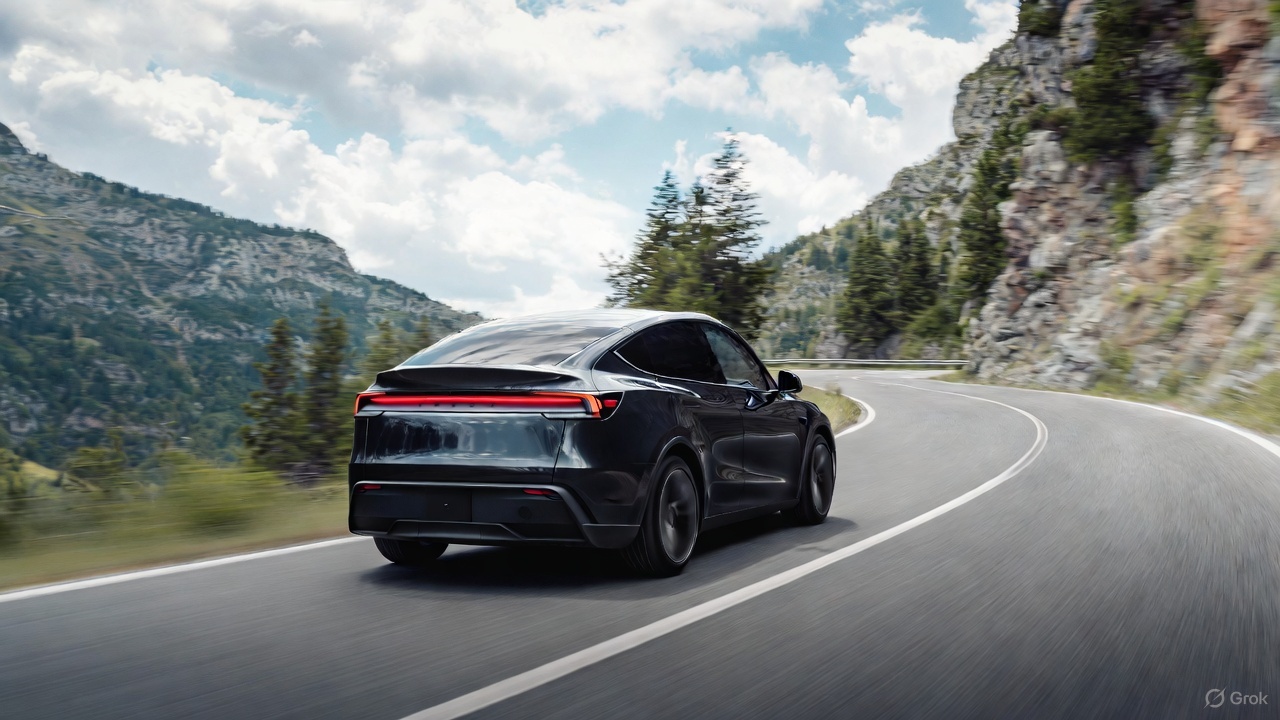
Tesla has applied to conduct local Full Self-Driving (Supervised) testing in the city of Jönköping, Sweden.
As per local outlet Jönköpings-Posten, Tesla has contacted the municipality with a request to begin FSD (Supervised) tests in the city. The company has already received approval to test its Full Self-Driving (Supervised) software in several Swedish municipalities, as well as on the national road network.
Sofia Bennerstål, Tesla’s Head of Public Policy for Northern Europe, confirmed that an application has been submitted for FSD’s potential tests in Jönköping.
“I can confirm that we have submitted an application, but I cannot say much more about it,” Bennerstål told the news outlet. She also stated that Tesla is “satisfied with the tests” in the region so far.
The planned tests in Jönköping would involve a limited number of Tesla-owned vehicles. Trained Tesla safety drivers would remain behind the wheel and be prepared to intervene if necessary.
Tesla previously began testing in Nacka municipality after receiving local approval. At the time, the company stated that cooperation between authorities, municipalities, and industry enables technological progress and helps integrate future transport systems into real-world traffic conditions, as noted in an Allt Om Elbil report.
If approved, Jönköping would become the latest Swedish municipality to allow local Full Self-Driving (Supervised) testing.
Tesla’s Swedish testing program is part of the company’s efforts to validate its supervised autonomous driving software in everyday traffic environments. Municipal approvals allow Tesla to gather data in urban settings that include roundabouts, complex intersections, and mixed traffic conditions.
Sweden has become an increasingly active testing ground for Tesla’s driver-assistance software in Europe, with regulatory coordination between local authorities and national agencies enabling structured pilot programs.

